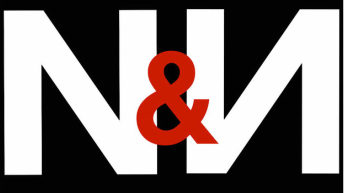“I was in between a couple of classes, so this event really helped me decide. Seeing the professors provided me with a better feel of what classes to take,” freshman Taylor Scher said after attending the Student Honor Council’s Curriculum Crash Course.
SHC president Valerie Weingart explained how the event is a growing tradition within the Honors community. This was the third year for the event, and this year a table with graduate school options was a new addition for students.
“Since each section of a specific Honors course is taught by a different profesor, we put on this event for students and professors to meet face-to-face for a deeper grasp on the offered courses,” Weingart explained.
Although all Honors students received a PDF explaining the classes, this event was beneficial for students as it gave them the opportunity to interact with the different professors teaching courses next semester, allowing students to see if there was a connection, spark, or shared passion between themselves and potential professors.
Honors colloquiums may not be offered annually by specific professors. This year marks Professor Beth Dalton’s second time teaching “Laughing in a Corner: The Literary Legacy of Jane Austen.” Throughout the colloq, students are expected to read select works by Austen while delving into the author’s intentional choices.
“Most people know Austen for her romantic relationships within her works, but this course examines what her works truly represent rather than what has been said about them,” Dalton explained. “Jane Austen is one of my personal favorites. The colloquia allow professors to teach a certain enjoyment of theirs.”
Honors colloquia differ from traditional courses, such as Professor Michael O’Hara’s “Theatre, Politics, and Religion” class. The course begins with a full reading of The Oresteia from theatrical, political, and religious perspectives. From there, the students decide the semester’s curriculum by voting on the plays to be read. O’Hara summarized the course as an analyzation of chosen documents throughout the history of human thought. He emphasizes it to be a class open to students from all majors, not just those involved in theatre or political science because each individual possesses a unique lens to contribute.
Freshman Evan Hatfield said the event was beneficial because it especially allows underclassmen to get their foot in the door in preparation for future years within the Honors College.

 RSS Feed
RSS Feed
